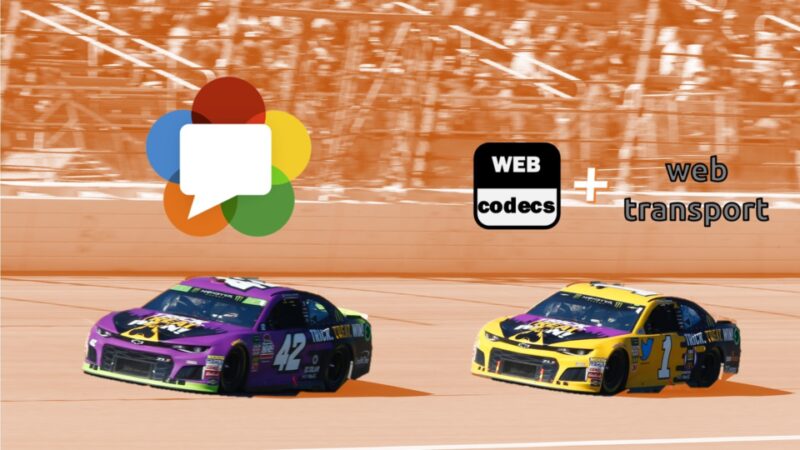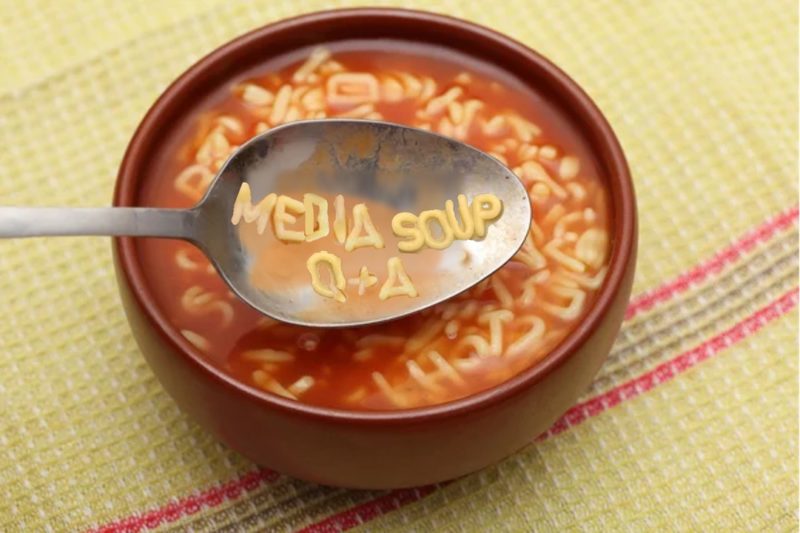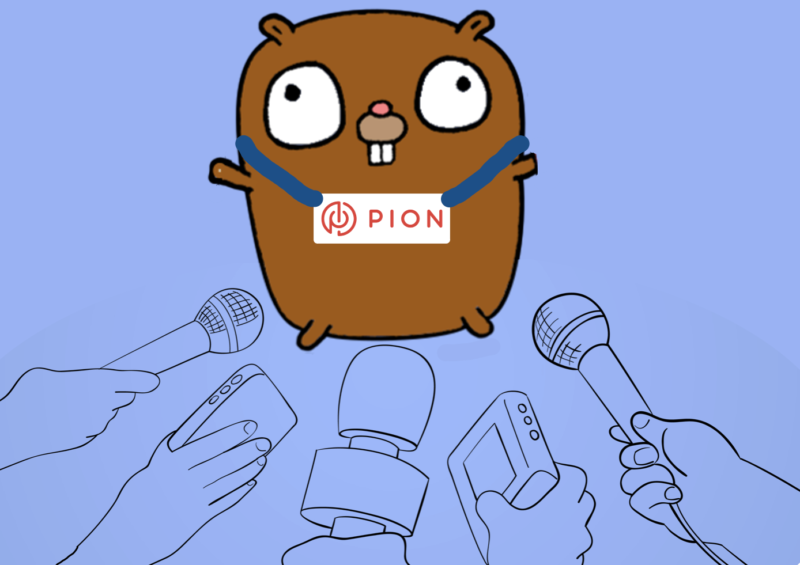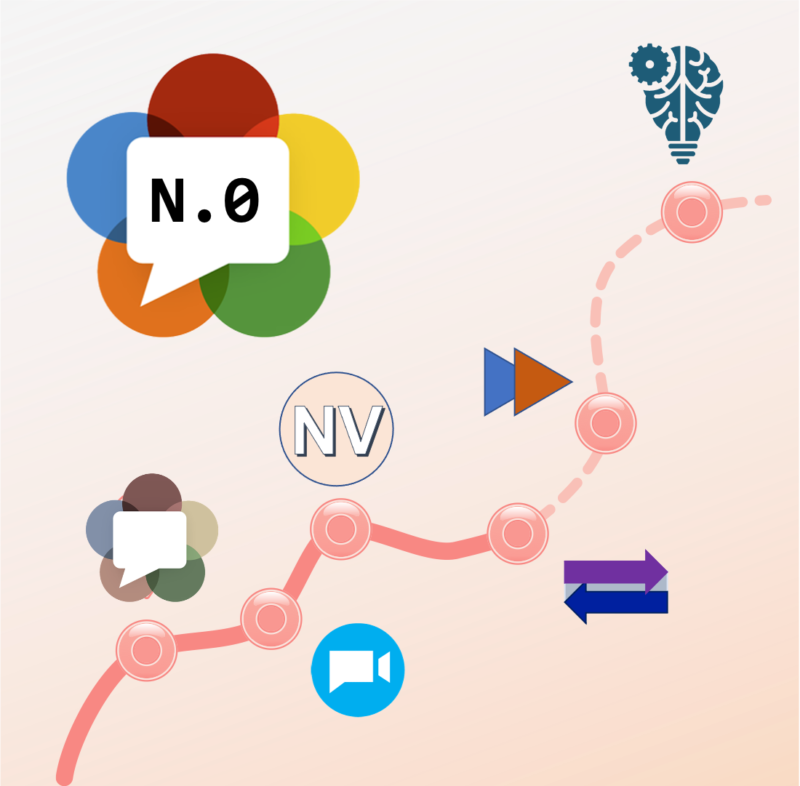Explore the future of Real-Time Communications with WebrtcHacks as we delve into the use of WebCodecs and WebTransport as alternatives to WebRTC’s RTCPeerConnection. This comprehensive blog post features interviews with industry experts, a review of potential WebCodecs+WebTransport architecture, and a discussion on real-time media processing challenges. We also examine performance measurements, hardware encoder issues, and the practicality of these new technologies.
Q&A
coturn: No Time to Die – Q&A with new project leads
New coturn project leads Gustavo Garcia and Pavel Punsky give an update on the popular TURN server project, what’s new in STUN and TURN standards, and the roadmap for the project
Revealing mediasoup’s core ingredients: Q&A with Iñaki Baz Castillo
I interviewed mediasoup’s co-founder, Iñaki Baz Castillo, about how the project got started, what makes it different, their recent Rust support, and how he maintains a developer community there despite the project’s relative unapproachability. mediasoup was one of the second-generation Selective Forwarding Units (SFUs). This second generation emerged to incorporate different approaches or address different use cases a few years after the first generation of SFUs came to market. mediasoup was and is different. It is node.js-based, built as a library to be part of a serve app, and incorporated the Object-oriented approaches used by ORTC – the alternative spec to WebRTC at the time. Today, mediasoup is a popular SFU choice among skilled WebRTC developers. mediasoup’s low-level native means this skill is required.
How Go-based Pion attracted WebRTC Mass – Q&A with Sean Dubois
Pion seemingly came out of nowhere to become one of the biggest and most active WebRTC communities. Pion is a Go-based set of WebRTC projects. Golang is an interesting language, but it is not among the most popular programming languages out there, so what is so special about Pion? Why are there so many developers […]
WebRTC Today & Tomorrow: Interview with W3C WebRTC Chair Bernard Aboba
Interview with WebRTC standards co-chair and author, Bernard Aboba. We cover the current status of WebRTC and where it is headed including WebRTC-NV, Simulcast, SVC, AV1, WebTransport, WebCodecs, ML and more.






